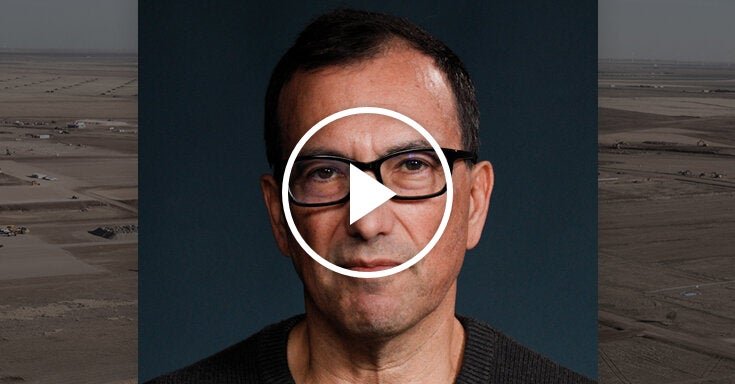Migrants who are in the UK legally could have to wait up to 20-years before they can settle permanently, under government proposals.
The Home Secretary Shabana Mahmood has announced the qualifying period for indefinite leave to remain will be extended from five to 10 years, and will apply to the estimated 1.6million who arrived since 2021.
The changes will not apply to people who had already obtained settlement.
Those who have claimed benefits for less than 12 months would have to wait 15 years – and those claiming benefits for more than 12 months would have to wait 20 years, under the proposals.
Mahmood said becoming part of the UK is “not a right but a privilege – and one that must be earned”.
Announcing the changes in the Commons, Mahmood said: “Migration will always be a vital part of Britain’s story.
“But the scale of arrivals in recent years has been unprecedented.”
Home Office figures show net migration added 2.6 million people to UK population between 2021 and 2024.
Becuase of this, settlement grants are also expected to spike over the next five years, with around 1.6 million people forecast to settle between 2026 and 2030.
Currently, most work and family visa holders can apply for settlement after five years.
Under the proposed changes the new baseline will rise to 10 years.
But some groups, including those who arrived on post-Brexit health and social care visas, the criteria will be increased to 15-years, with the additional penalties for those who have claimed benefits.
Instead, ministers plan to introduce an “earned settlement” system, requiring migrants to demonstrate social integration, economic contribution and good “character” before being granted settled status.
Settlement, also known as Indefinite Leave to Remain (ILR), allows someone to live in the UK permanently, work without restrictions and access public services. It is also a key step towards British citizenship.
A consultation on the planned changes will run until 12 February.






